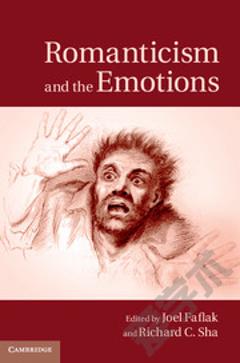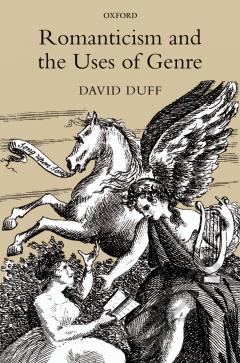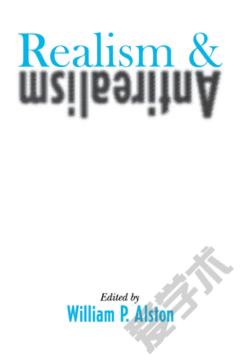Romanticism and Speculative Realism
My essay surveys two recent philosophical strains of thoughts, Speculative Realism and Object-Oriented Ontology, in order to show their relevance to Romantic literature and culture, and the humanities more widely. I explain how Quentin Meillassoux, in his book After Finitude: An Essay on the Necessity of Contingency, targets âcorrelationism,â the notion that there is no access to the world except by the human mind, as the defining problem of modern thought. Romanticist Timothy Morton, springboarding from Graham Harman's Meillassoux-inspired Object-Oriented Ontology, theorizes what he calls a âhyperobject,â a non-localized object like climate change that disturbs and disrupts the supposed connection between human being and worldly phenomenon. These theories, I show, intersect with Romantic apocalyptic traditions that foresee a future paradise brought on by human action. As I read it, though, Meillassoux's Speculative Realism and Morton's hyperobjects shine a light on the largely ignored, post-apocalyptic aspects of Romantic literature in works like Shelley's âMont Blanc.â I argue that Romantic post-apocalypticism relies on Romantic irony to root us in a temporality of the present rather than a deferred vision of a utopian future.
{{comment.content}}








 京公网安备 11010802027623号
京公网安备 11010802027623号